World Bank grants $350m for Rohingyas, host communities in Bangladesh
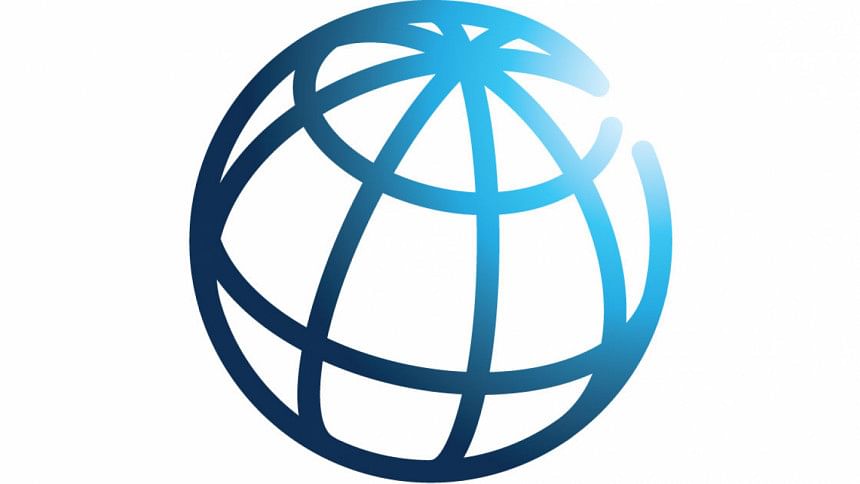
World Bank today approved $350 million in grant financing for three projects to help Bangladesh address needs of the host communities and the displaced Rohingyas in Cox's Bazar district for their health services, response to gender-based violence, social protection, basic services and infrastructure.
"Bangladesh has shown great leadership by providing shelter to around 1.1 million Rohingyas, which is about three times of the local population in Teknaf and Ukhia upazilas," said Mercy Tembon, World Bank country director for Bangladesh and Bhutan.
Naturally, the exodus has placed immense stress on existing infrastructure and social service delivery, and increased health and disaster risks, she said, adding that the three grants will cater in needs of both the host and Rohingya communities.
"At the same time, they will strengthen the country's service delivery capacity and increase resilience for natural disaster and climate change," she said.
The $150 million Health and Gender Support Project for Cox's Bazar District will enable 3.6 million people including the Rohingyas to have access to health, nutrition and family planning services as well as to address gender-based violence through preventive and response services.
The infant mortality rate and prevalence of stunting in Cox's Bazar is higher than national average. The project will renovate and upgrade health facilities in Cox's Bazar, including District Sadar Hospital and the Mother and Child Welfare Center in the localities; and the Women Friendly Spaces inside the Rohingya camps.
The project will also help to fill in vacant positions of health professionals and ensure adequate medical supplies. Within the Rohingya camps, the project will provide psychosocial counselling, immunisation, tuberculosis screening and treatment, and nutrition services.
The $100 million additional financing to the Emergency Multi-Sector Rohingya Crisis Response Project will scale up access to energy, water, sanitation and disaster-resilient infrastructures for the Rohingya and the surrounding host communities.
The project will benefit about 780,800 people, including 140,800 local people, with better public infrastructure. This includes access to improved water sources for 365,800 people and better sanitation for 171,800 people. It will help build 40 multi-purpose disaster shelters, accessible to 81,000 people.
The $100 million additional financing to the Safety Net Systems for the Poorest Project will help provide livelihoods and income support to poor and vulnerable households in the host communities using an existing national safety net programme, employment generation programme for the poorest; and scale-up social assistance coverage to the Rohingya under the Emergency Multi-Sector Rohingya Crisis Response Project.
With these three grants, the World Bank has provided a total of $480 million in grants to enable Bangladesh to deal with the displaced population inflow. Bangladesh currently has one of the largest IDA programs totalling $11.8 billion. Since independence, the World Bank has committed more than $30 billion in grants, interest-free, and concessional credits to the country.

 For all latest news, follow The Daily Star's Google News channel.
For all latest news, follow The Daily Star's Google News channel. 

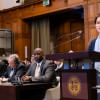


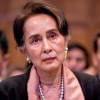
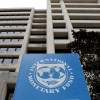

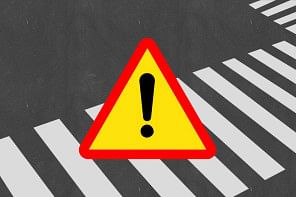
Comments